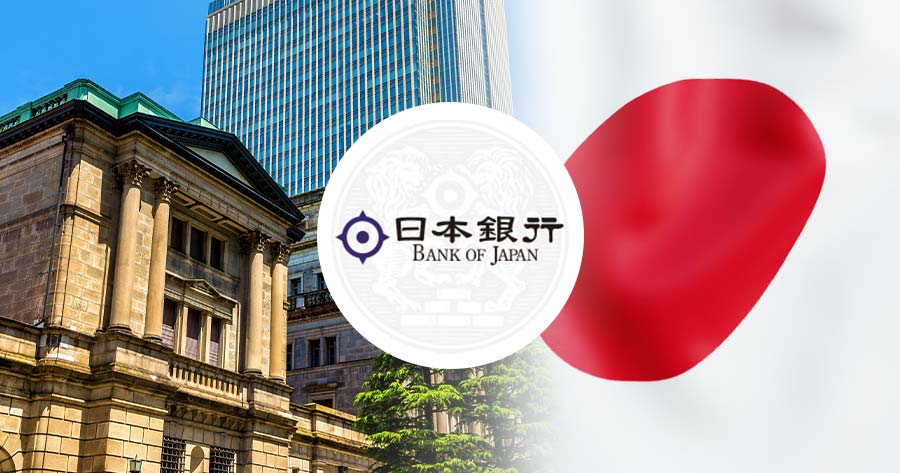Speculations that once Donald Trump takes office, the Bank of Japan will raise the interest rates that push the short-term borrowing costs to a level that has not been seen since the global financial crisis in 2008.
This policy would highlight the central bank’s resolve to steadily increase interest rates from 0.25% to nearly 1%, a level analysts consider suitable for Japan’s economy. According to Reuters sources, the BOJ is expected to raise its short-term policy rate to 0.5% by the end of Friday’s two-day meeting, unless Trump’s actions at the auguration day cause volatility in financial markets.
In addition, the board is speculated to raise its inflation rate forecast, dependent on wage gains that could support Japan’s sustainability in reaching its 2% inflation target.
The BOJ has not raised its interest rate since July last year, a move that surprised traders and triggered a rout in global markets in early August. To avoid a recurrence, the BOJ signaled to the public last week that Governor Kazuo Ueda and his deputy may allow the rate to be increased. Their remarks led to a rebound in the yen, with most of the market expecting a rate increase on Friday.
As the tightening of the policy this week seems certain, the market is now attempting to forecast the timing and pace of subsequent increases based on Ueda’s post-meeting briefing.
With inflation remaining above the BOJ’s 2% target and the weak yen keeping import costs high, Ueda may emphasize BOJ’s commitment to maintaining high interest rates. However, caution is needed as Trump’s policies could destabilize markets, possibly affecting Japan’s export-reliant economy, despite the International Monetary Fund raising its 2025 global growth forecast.
Moreover, there are also domestic political uncertainties as Prime Minister Shigeru Ishiba’s coalition may fail to pass budget approval and win an upper house election this July.
Japan has been pushing the borrowing costs near zero after the interest rate hike by 0.5% in 2007, which caused a storm of political criticism. In 2008, BOJ reduced the rate from 0.5% to 0.3% before dropping to 0.1% due to the global financial crisis that pushed Japan into recession.





